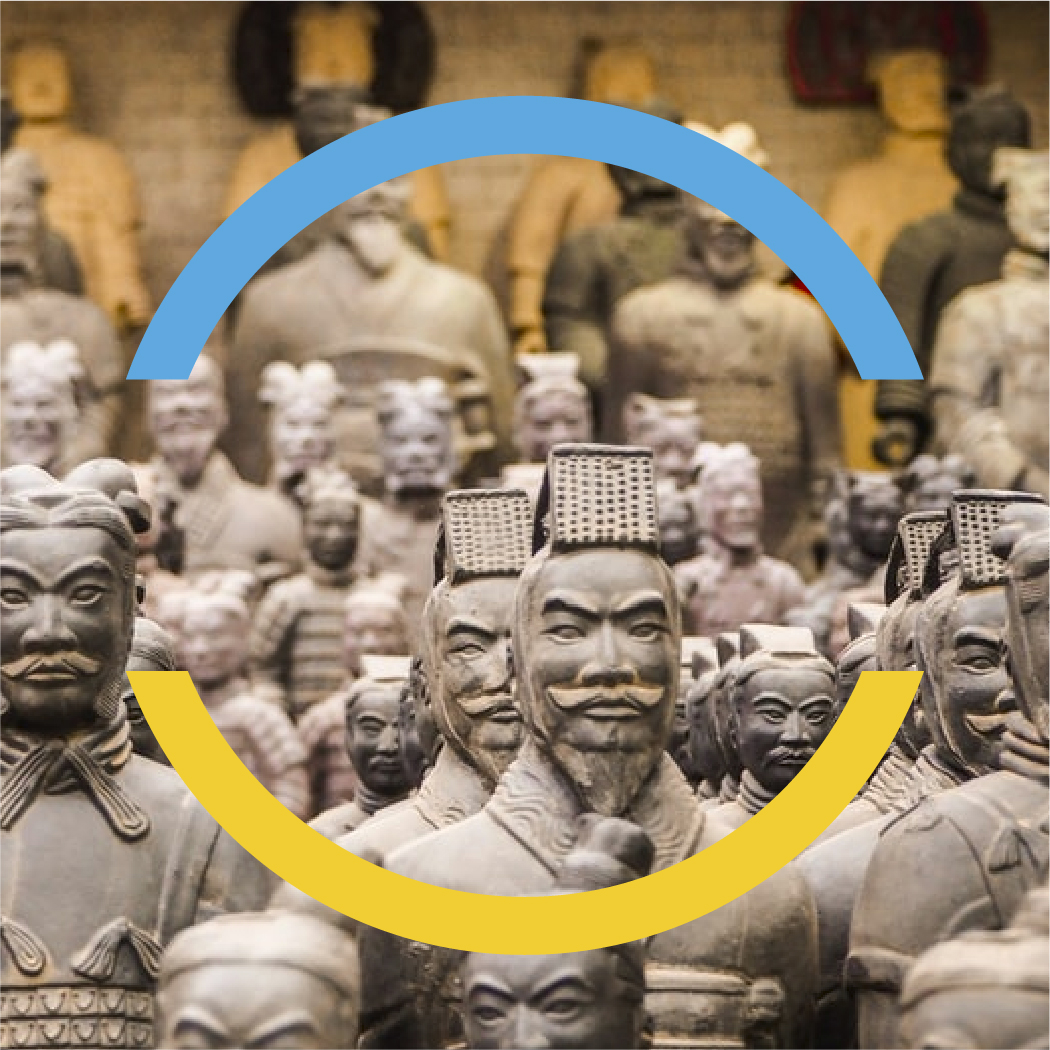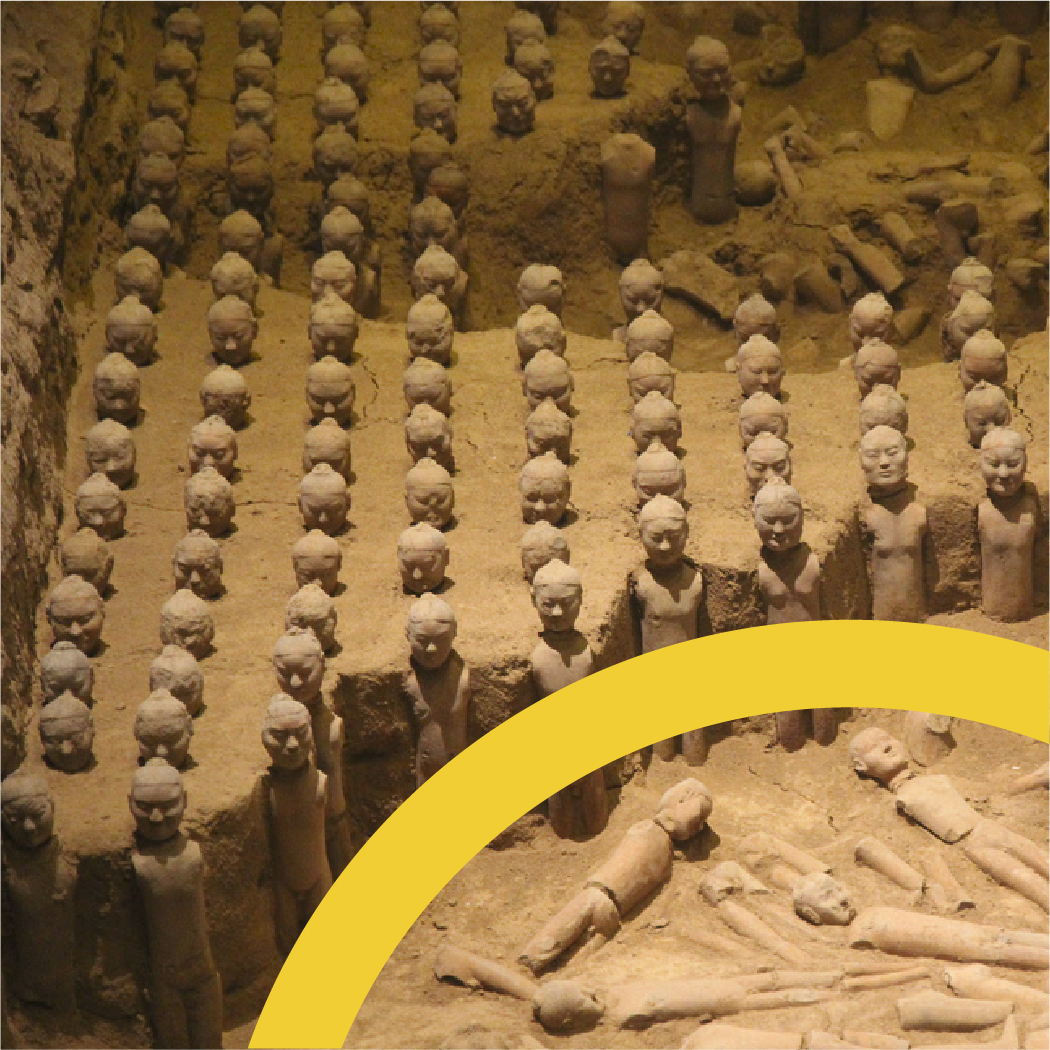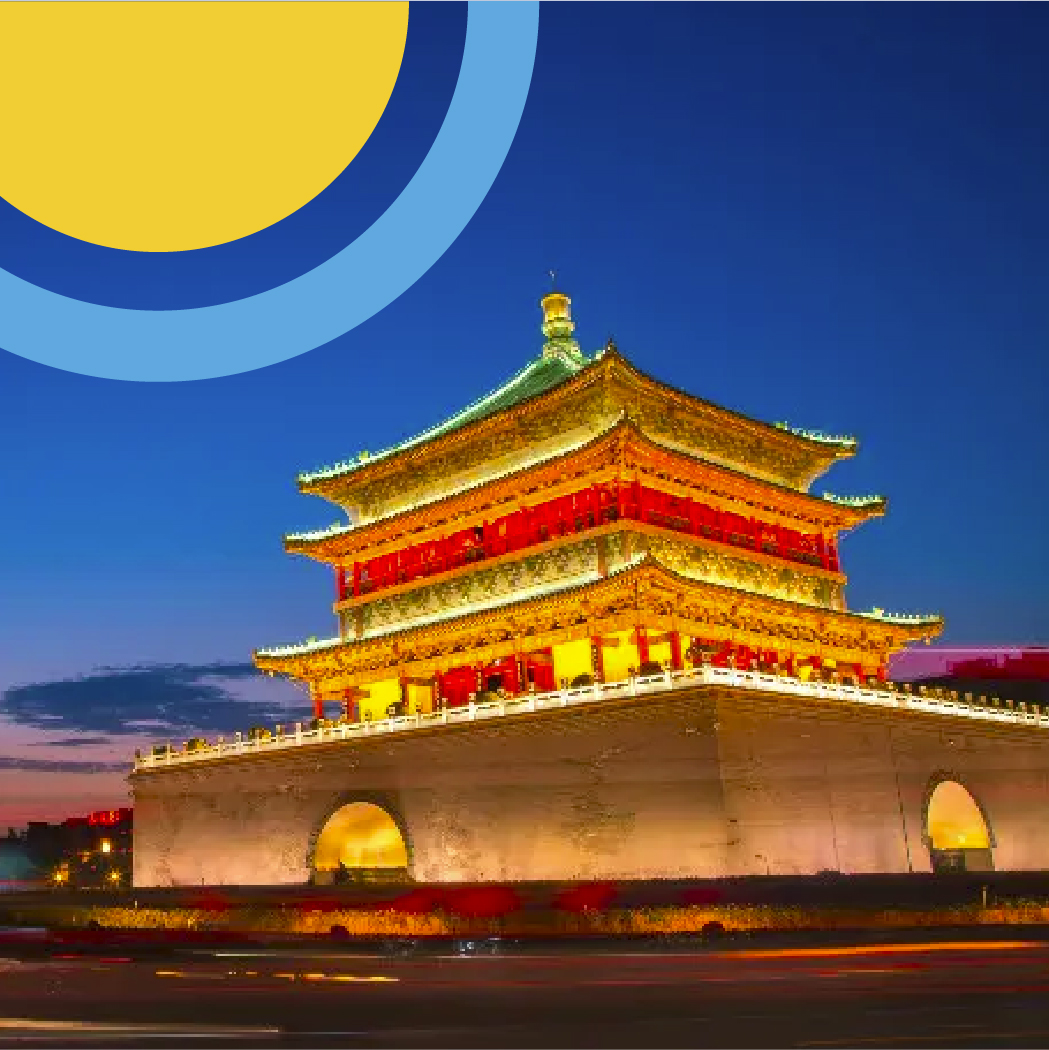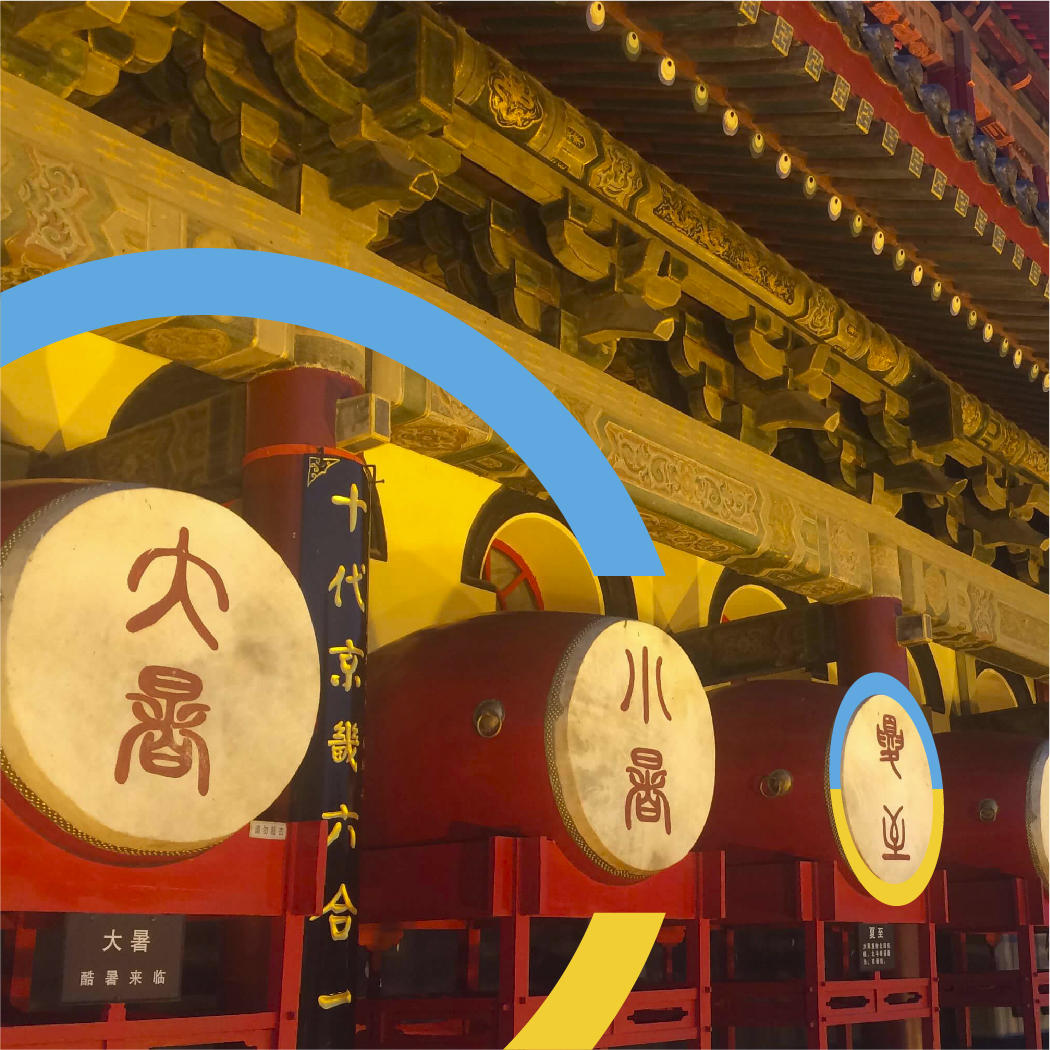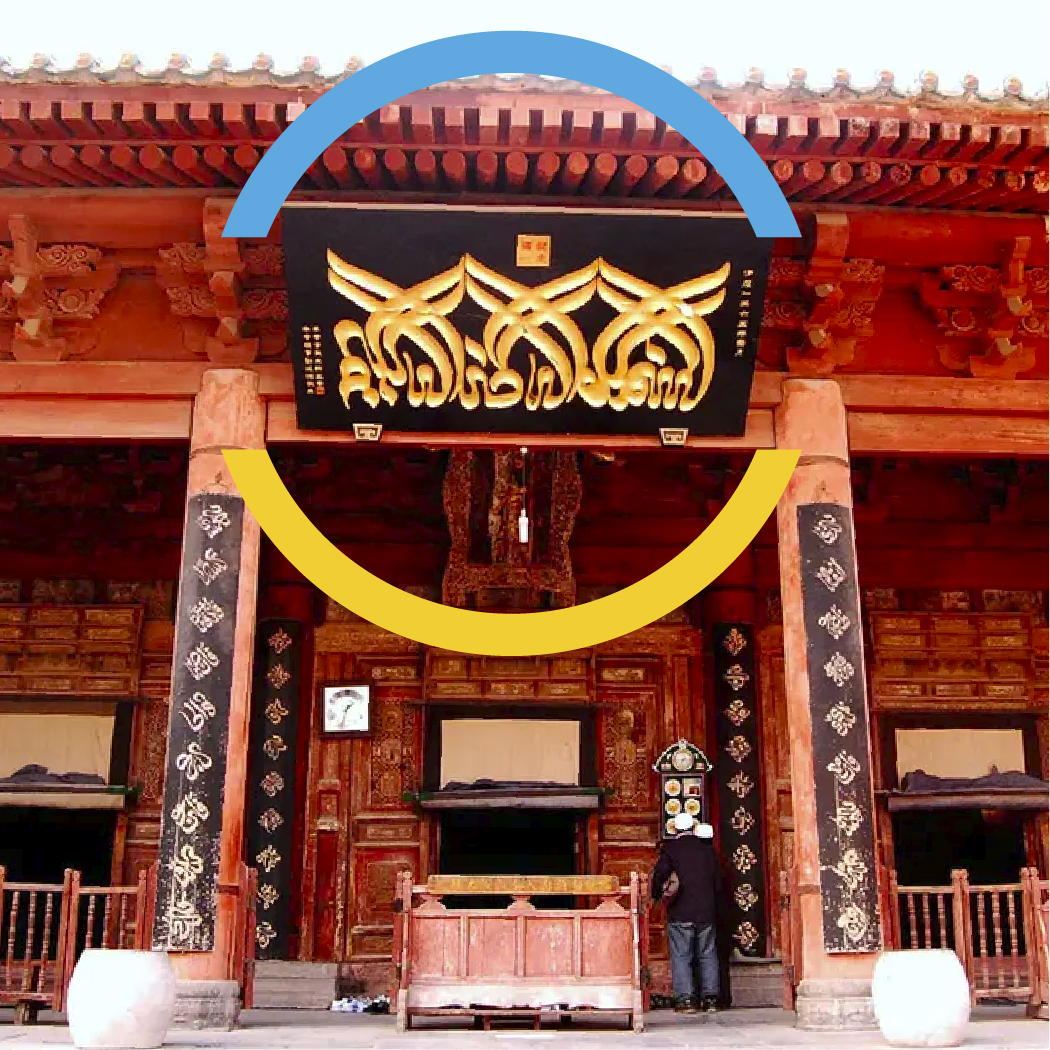Journey Through English with ILTI: Xian - the beginning of ancient Chinese civilisation
Each week, we explore a different place in the world to empower our vocabulary in English. In the last leg of our learning trip to China, let’s visit Xi’an, one of the oldest cities in the country. Are you ready to take off?
Meaning Peace in the West, Xi’an was historically known as Chang’an or perpetual peace, and was the ancient capital city of some of the most important dynasties in Chinese history, including the Zhou, Qin, Han, Sui and Tang dynasties.
The city is, therefore, rich in ancient sites and artefacts, from the Unesco World Heritage site of the Terracotta Army of Emperor Qin Shi Huang to the Yang Mausoleum of Han, just to name a few.
Discovered in 1974 by a group of farmers, the 2,200-year-old Terracotta Army is part of the world’s largest ancient imperial tomb complex, the Qin Shi Huang Mausoleum. It is a collection of life-sized terracotta sculptures depicting the army of Qin Shi Huang, the first emperor of China. So far, archaeologists have unearthed more than 8,000 soldiers, 130 chariots with 520 horses, and 150 cavalry horses, buried with the emperor with the purpose of protecting him in his afterlife. It was believed that they would come to life after death.
The Yang Mausoleum of Han, now the Han Yang Ling Museum, is the mausoleum of Emperor Jing, the sixth emperor of the Western Han Dynasty, who tried to emulate Qin and his vast, subterranean army. The Yang Mausoleum is surrounded by 86 outer burial pits displaying more than 50,000 miniature terracotta figures reflecting the daily life of the Han emperor’s court, including eunuchs, servants, tools and domesticated animals. The human figurines are naked but were originally clothed with exquisite fabrics.
The Bell Tower of Xi’an is a stately traditional building marking the geographical centre of the ancient capital. The 36m-high wooden tower, which is the largest and best-preserved of its kind in China, was built in 1384 by the Ming Dynasty emperor then to indicate the beginning of a new day and as a way to provide early warning of attacks. The Bell Tower also contains several large bronze-cast bells from the Tang Dynasty.
Nearby, the Drum Tower of Xi’an, along with the Bell Tower, is a symbol of the city. Built in 1380, the Drum Tower got its name from the huge drum located within the building. In contrast to the Bell Tower where the bell was stricken at dawn, the drum was beaten at sunset to indicate the end of the day. On occasion, it was used as an alarm in emergency situations.
No trip to the city is complete without a visit to the Xi’an Muslim Quarter, located behind the Drum Tower. The history of the Muslim quarter can be traced back to the Tang Dynasty when Muslim merchants came to and aggregated in Chang’an, today’s Xi’an, via the Silk Road. The bazaar in the Muslim area is lined with streets and walkways selling mouth-watering foods prepared with nuts and traditional flavours from the Middle East, and some unusual items seldom seen anywhere else in China. The Great Mosque of Xi’an is one of the oldest, largest and best-preserved pre-modern mosques in China. Completely Chinese in its construction and architectural style, the mosque as we see it now was largely constructed in 1384 and remains an active place of worship within the Muslim quarter.
Words and phrases to learn:
dynasty – a line of hereditary rulers of a country
artefact – an object made by a person, such as a tool or decoration, especially one that is of historical interest
terracotta – a type of fired clay
mausoleum – a stately or impressive building housing a tomb or group of tombs
life-size – of the same size as the person or thing represented
afterlife – life after death
vast – of great extent or quantity
subterranean – existing or situated underground
domesticated – tame animals kept as pets or on a farm
exquisite – extremely beautiful and delicate
indicate – point out, show
in contrast – when compared to another
aggregate – form or group into a class or cluster
mouth-watering – highly tempting
Travel the world with confidence by speaking good English. Embark on your English learning journey at ILTI today by calling 010-395 3067 or visit ilti.edu.my.

